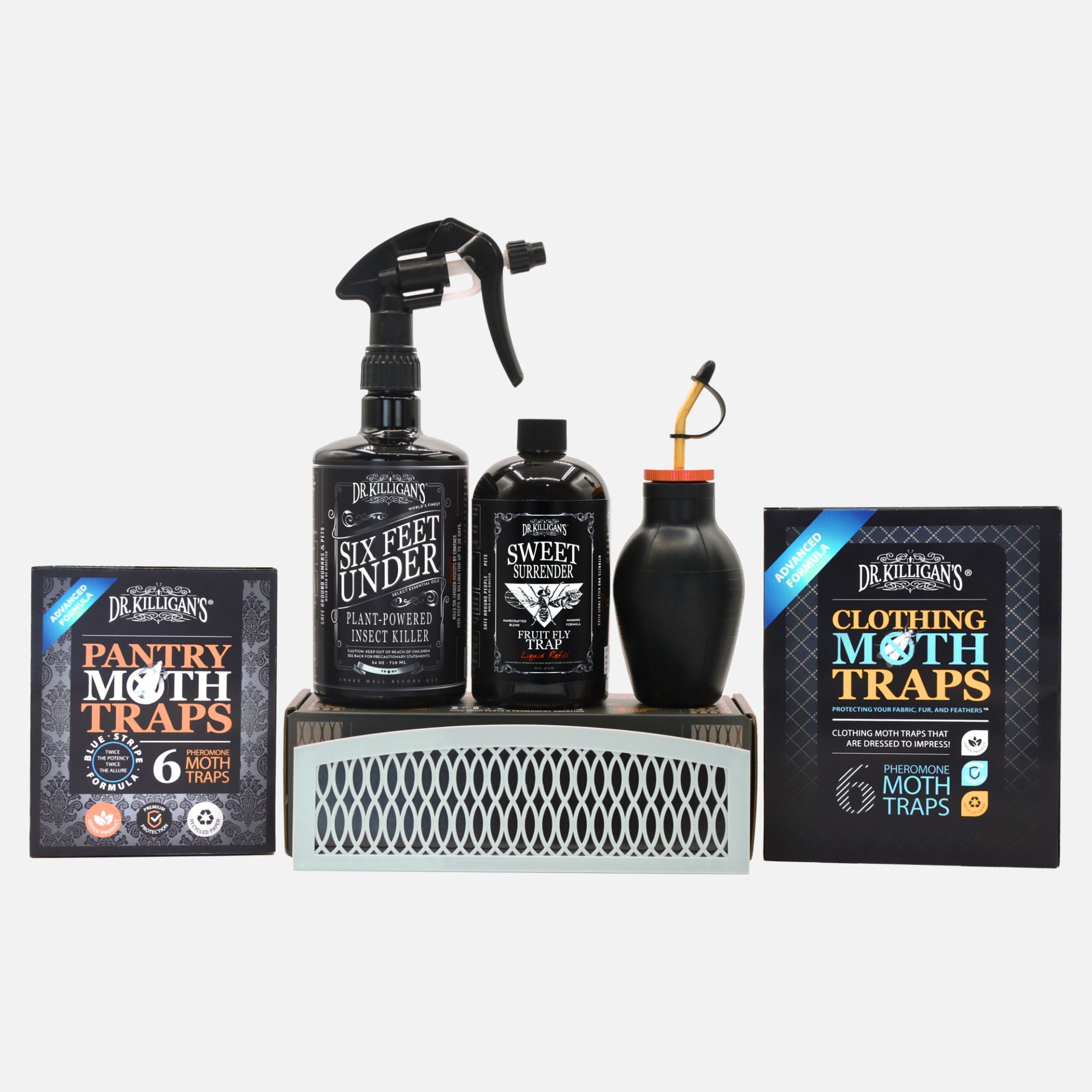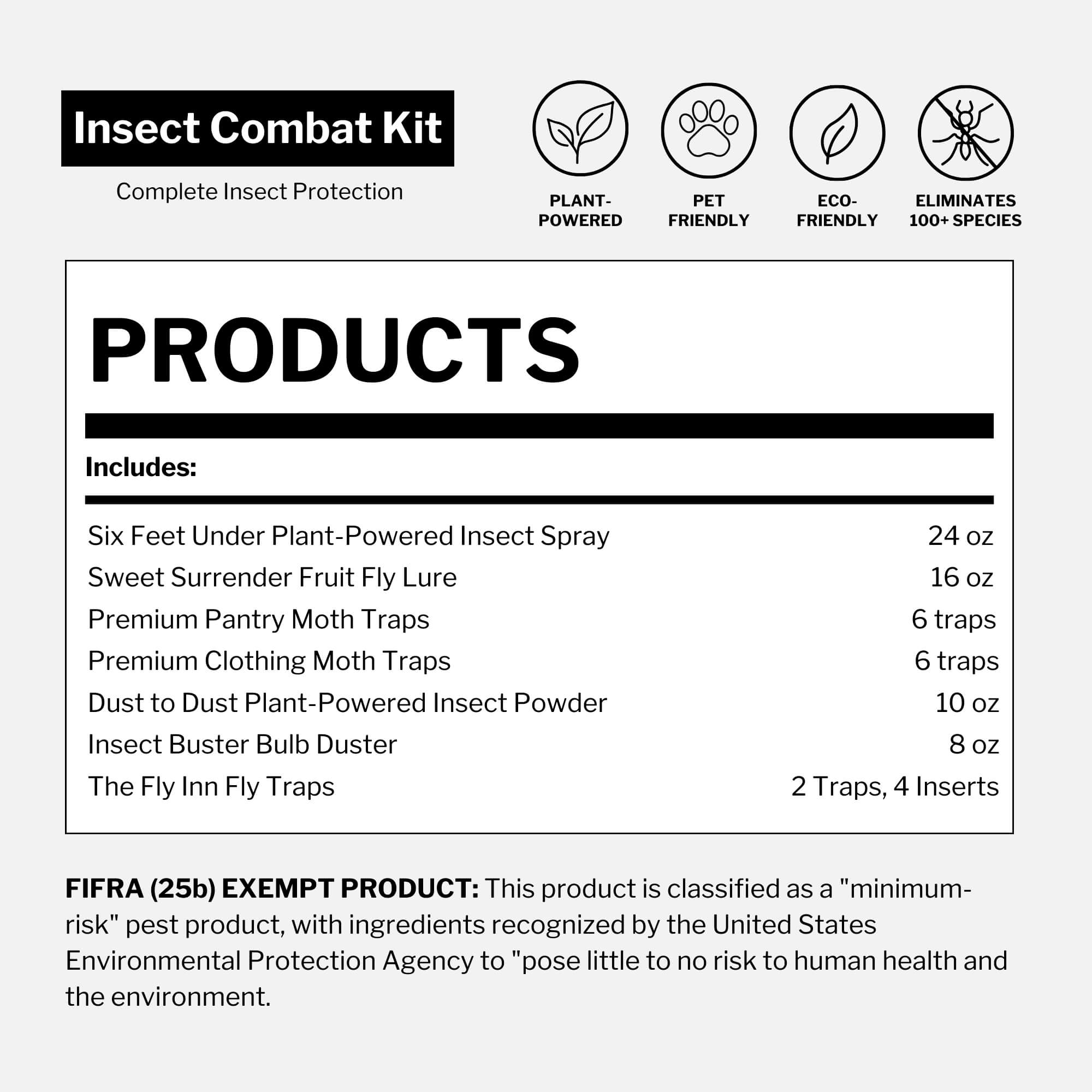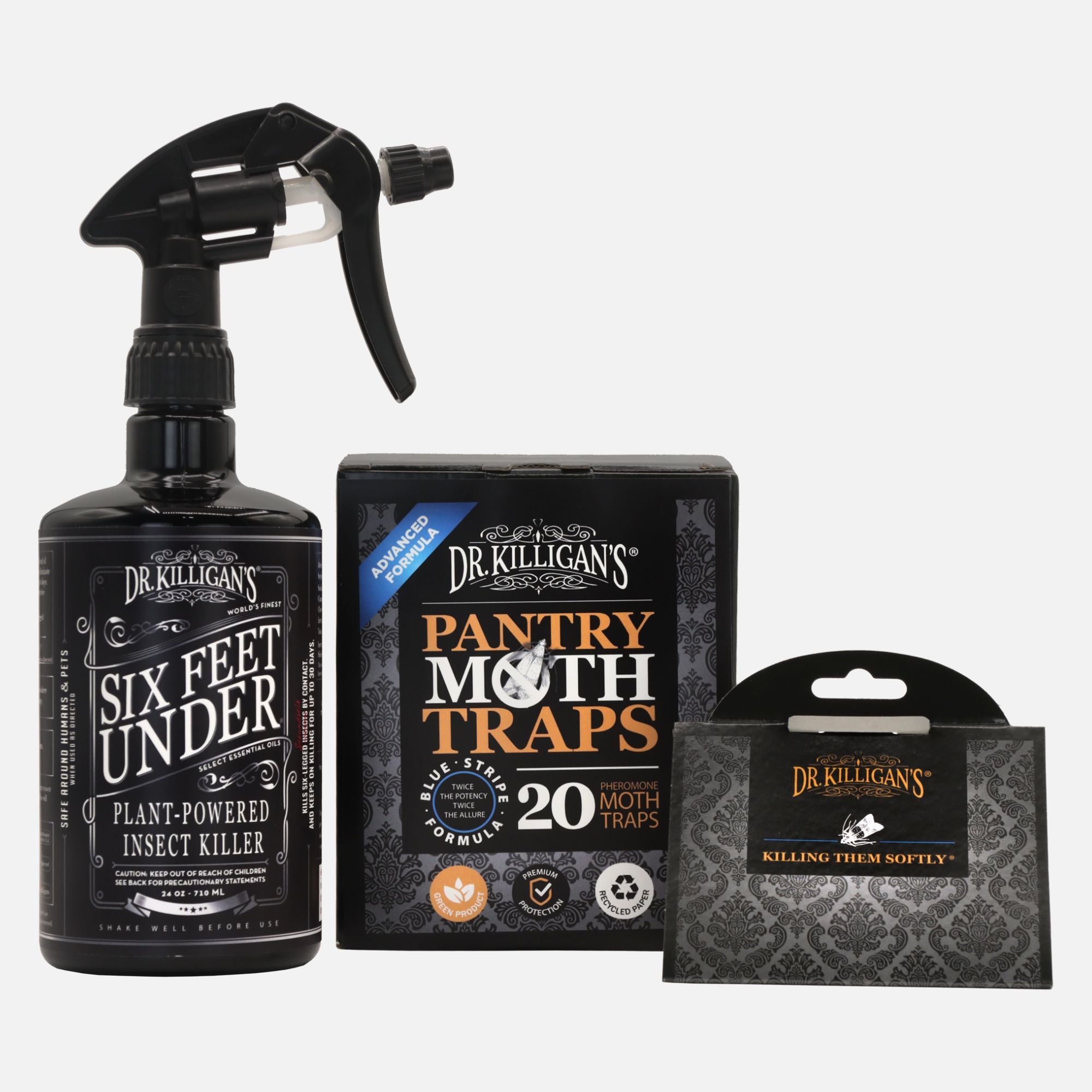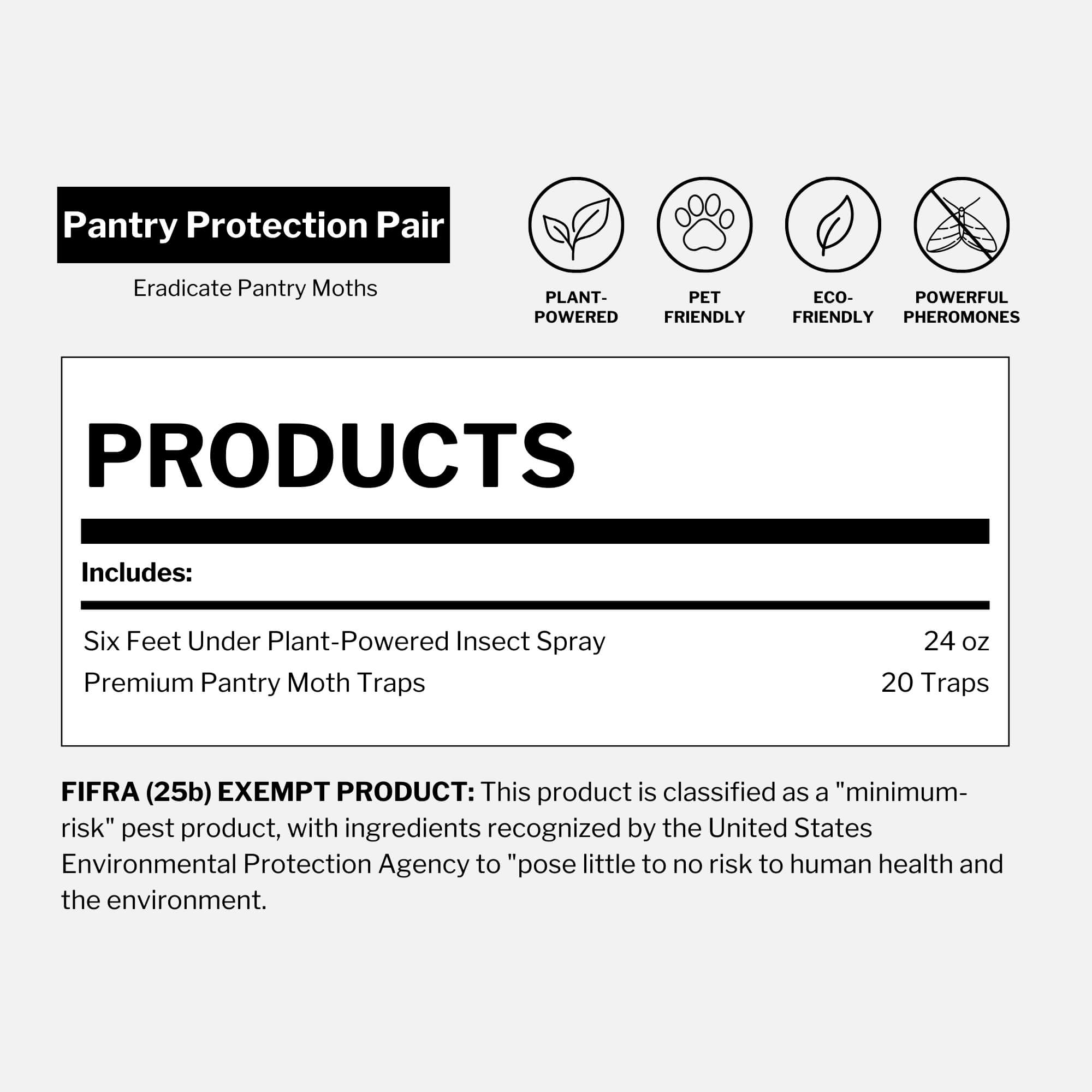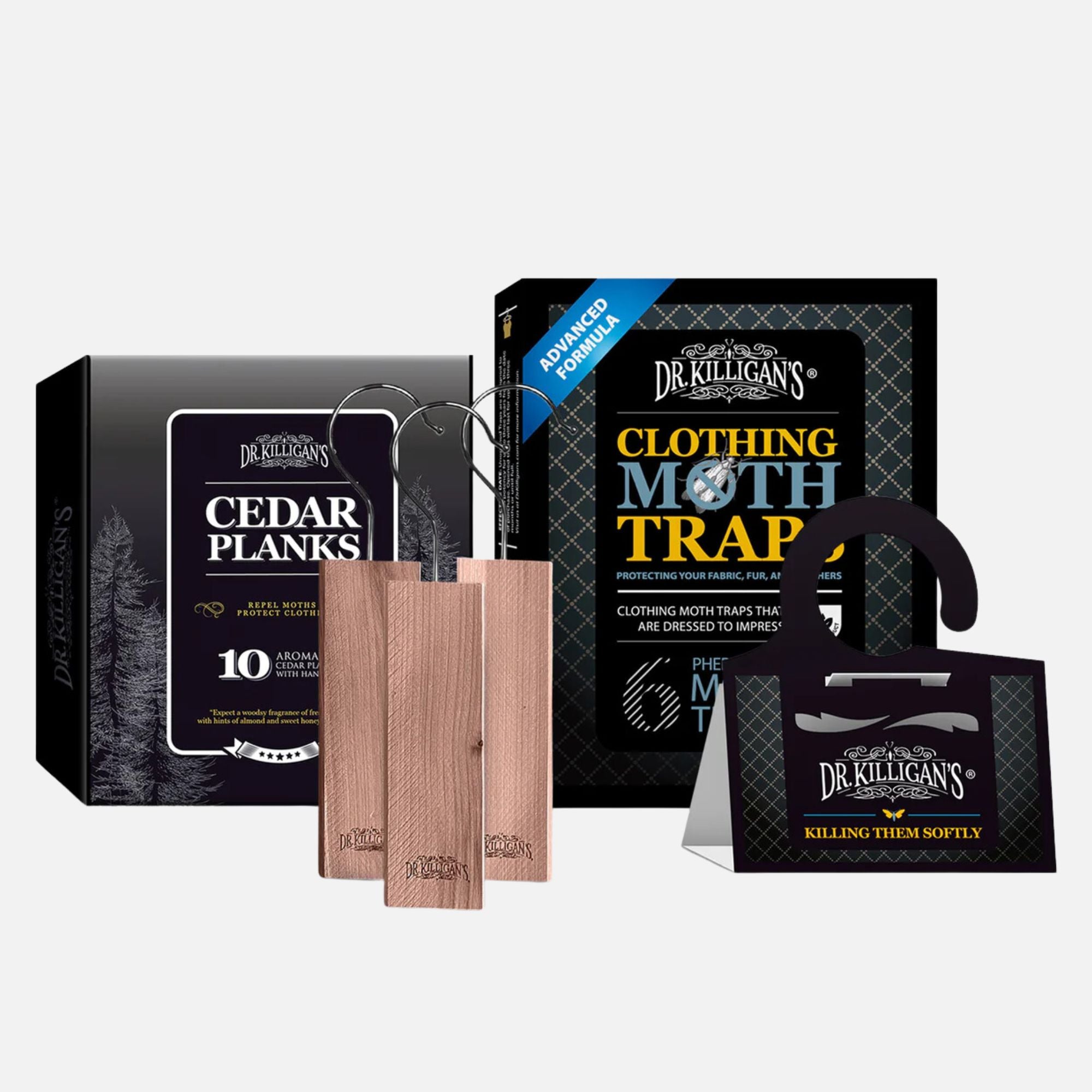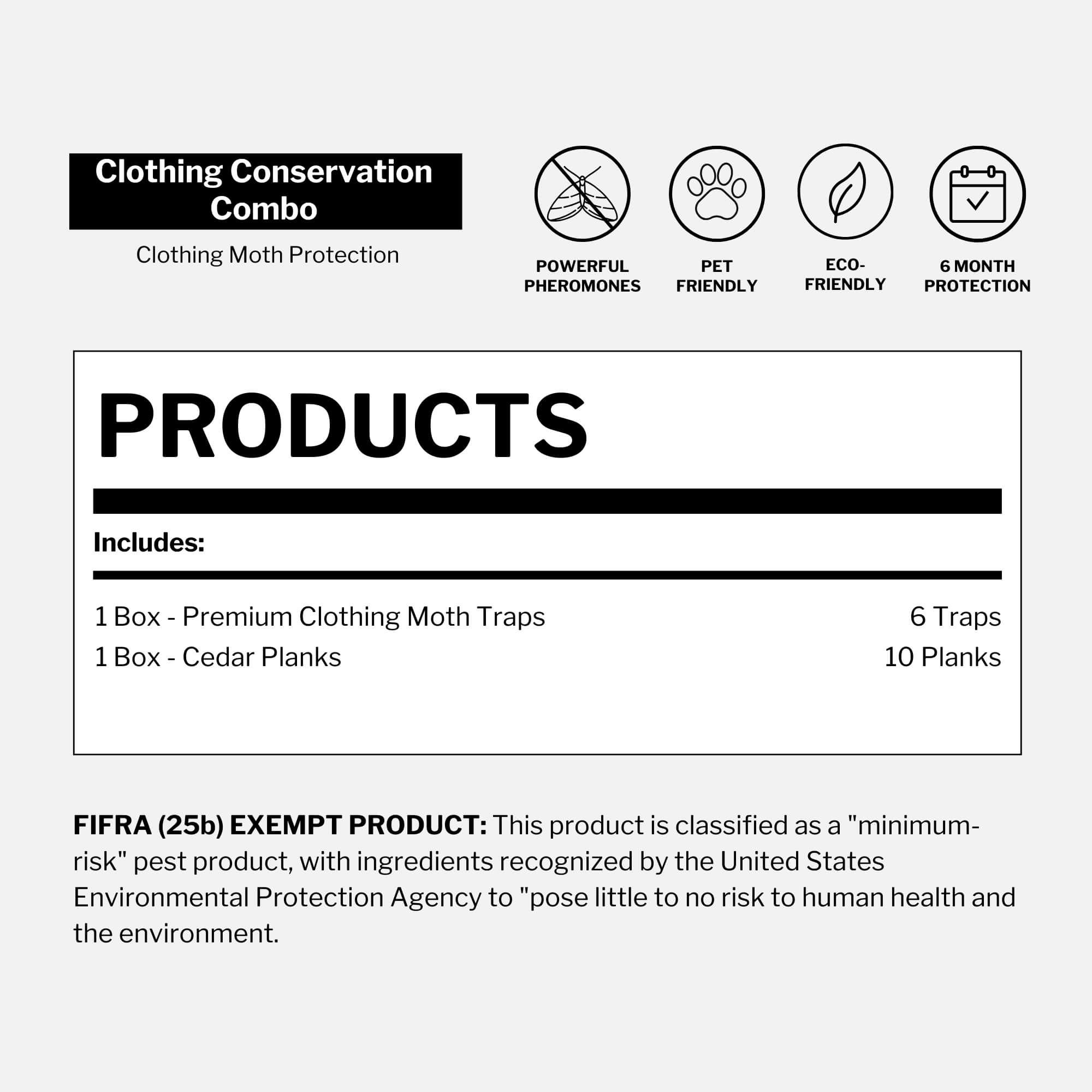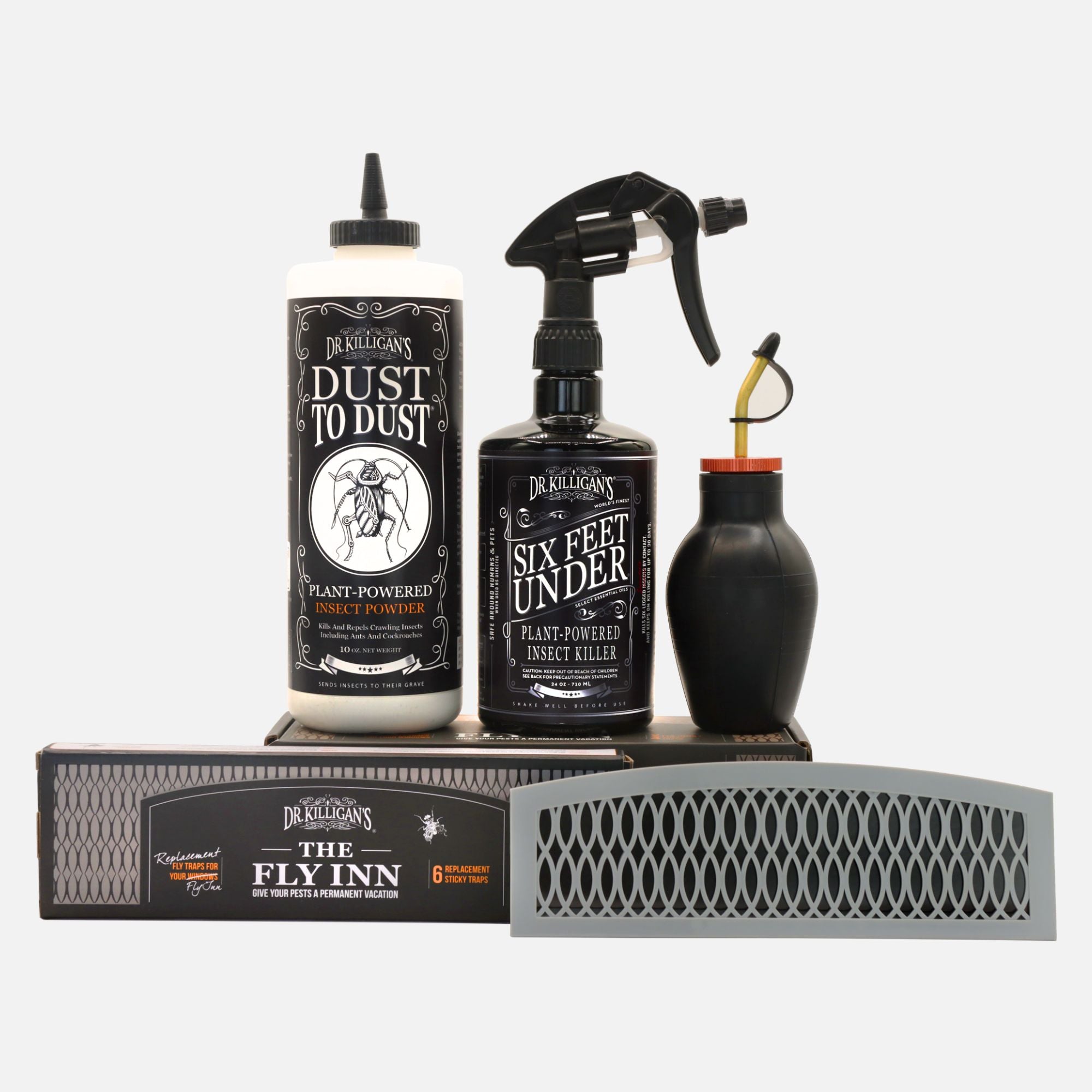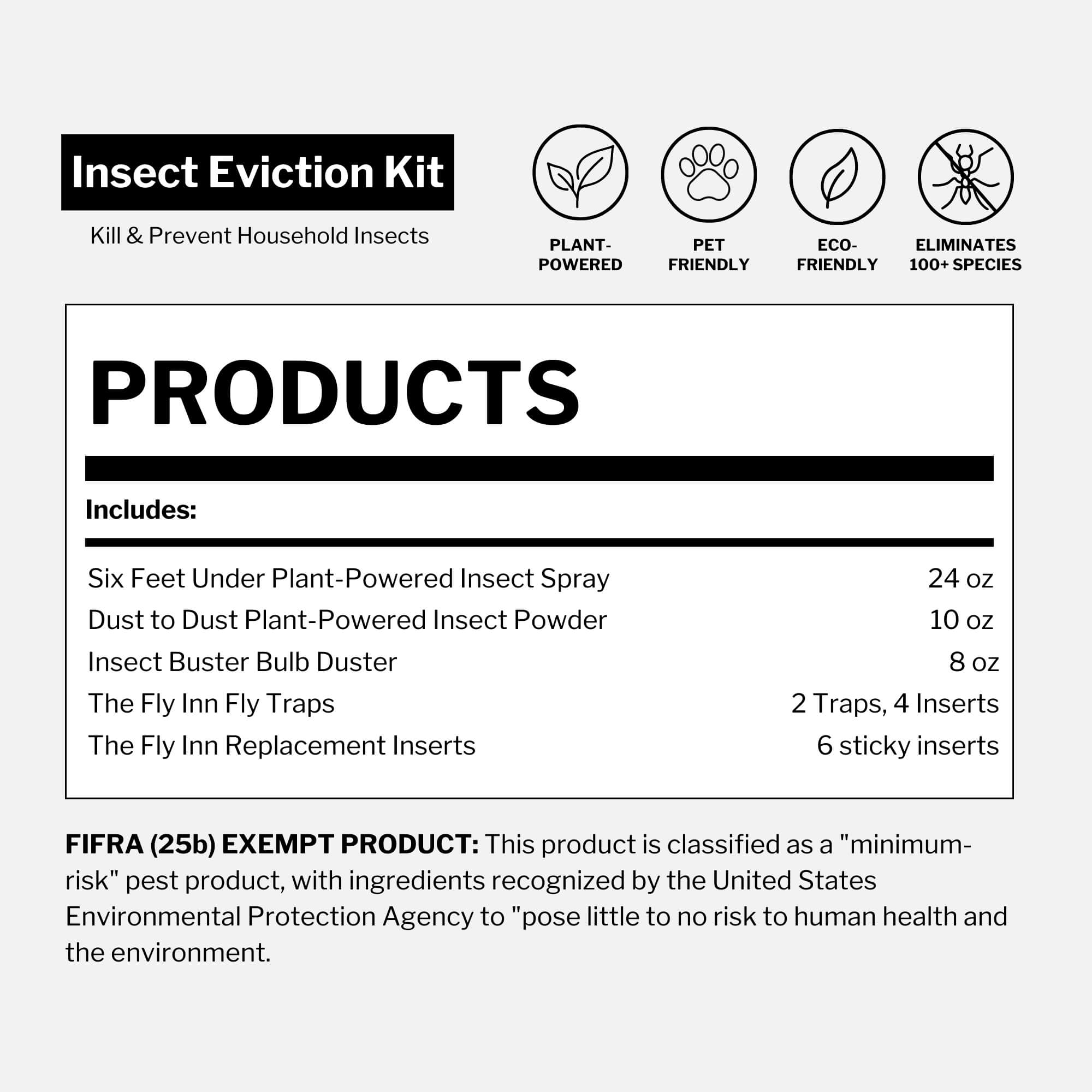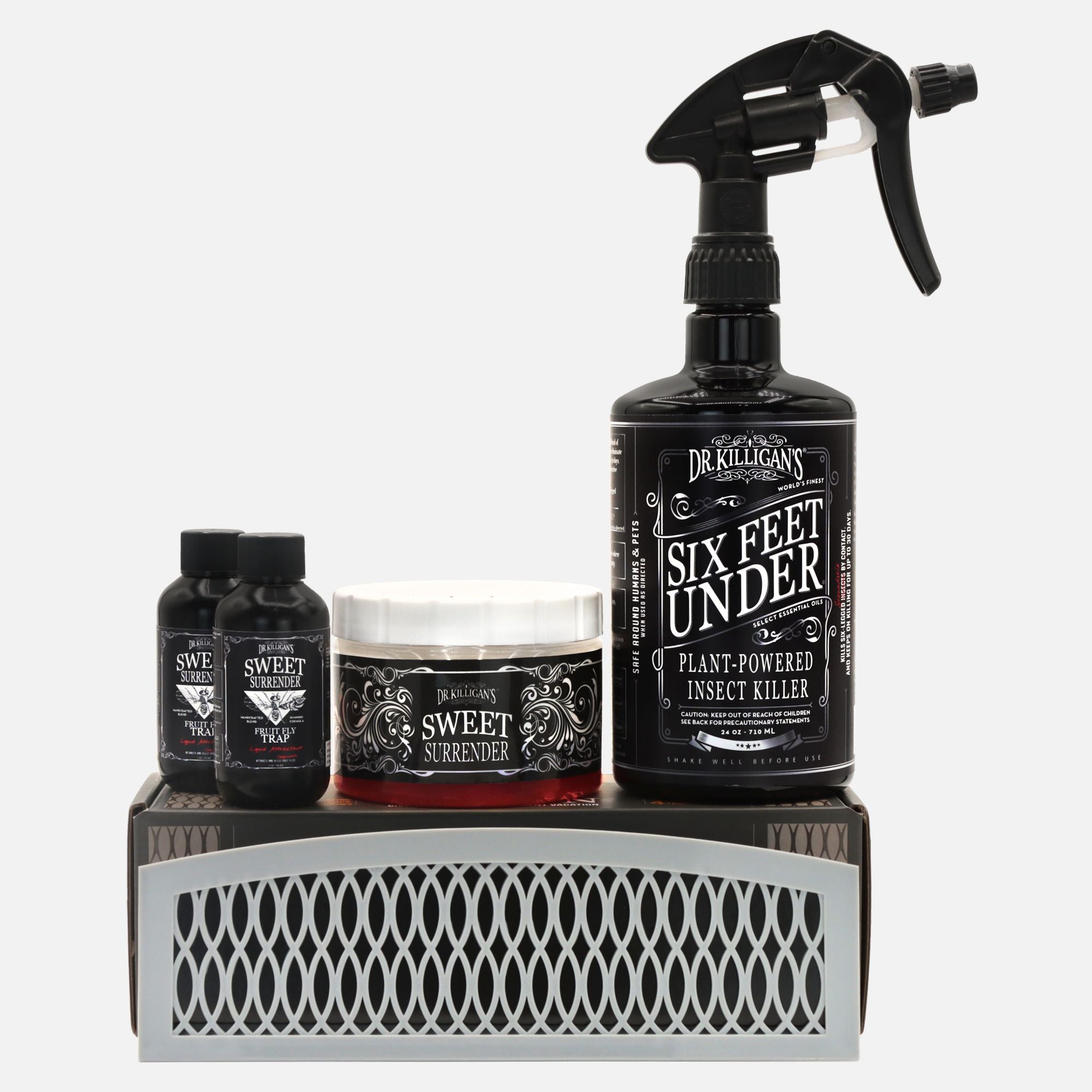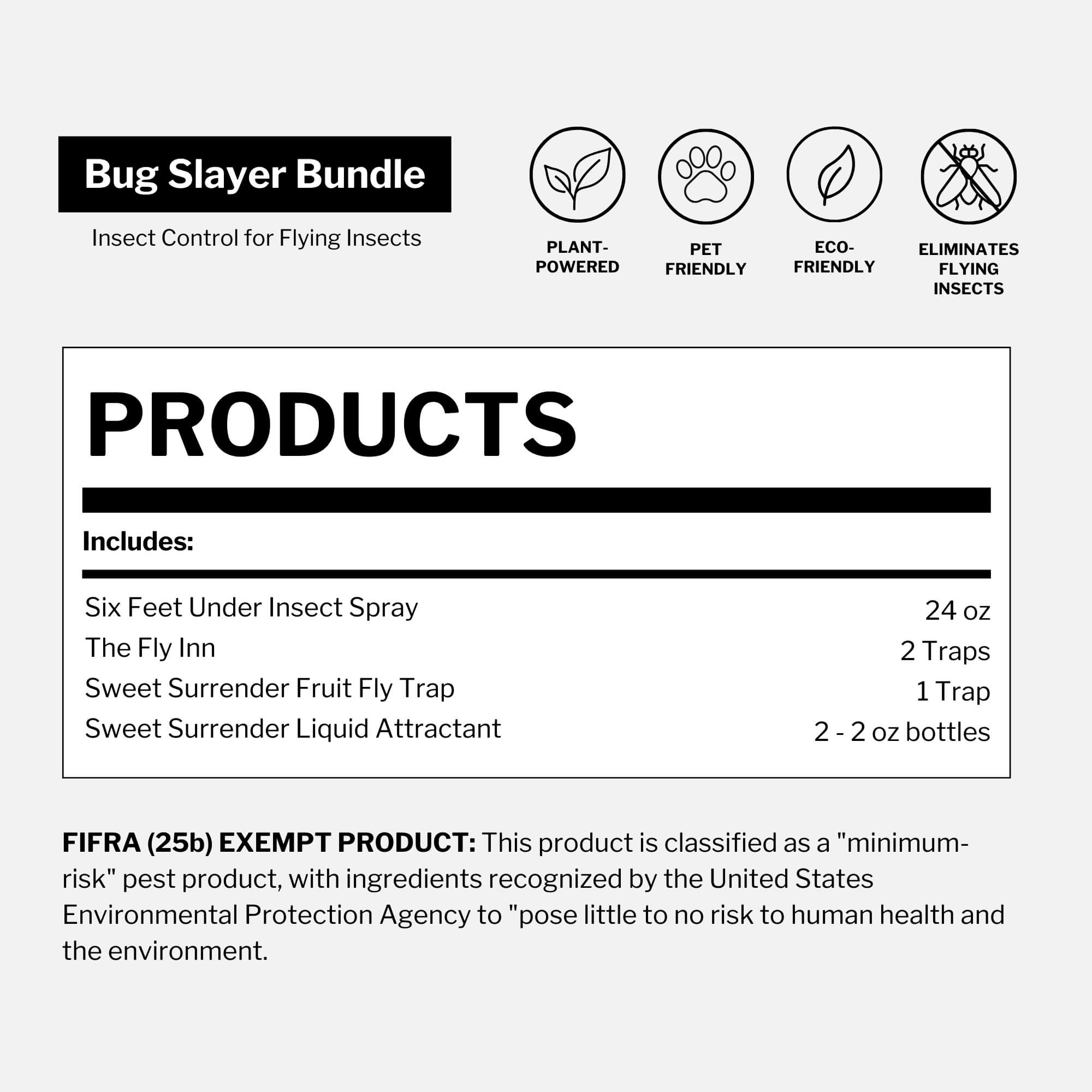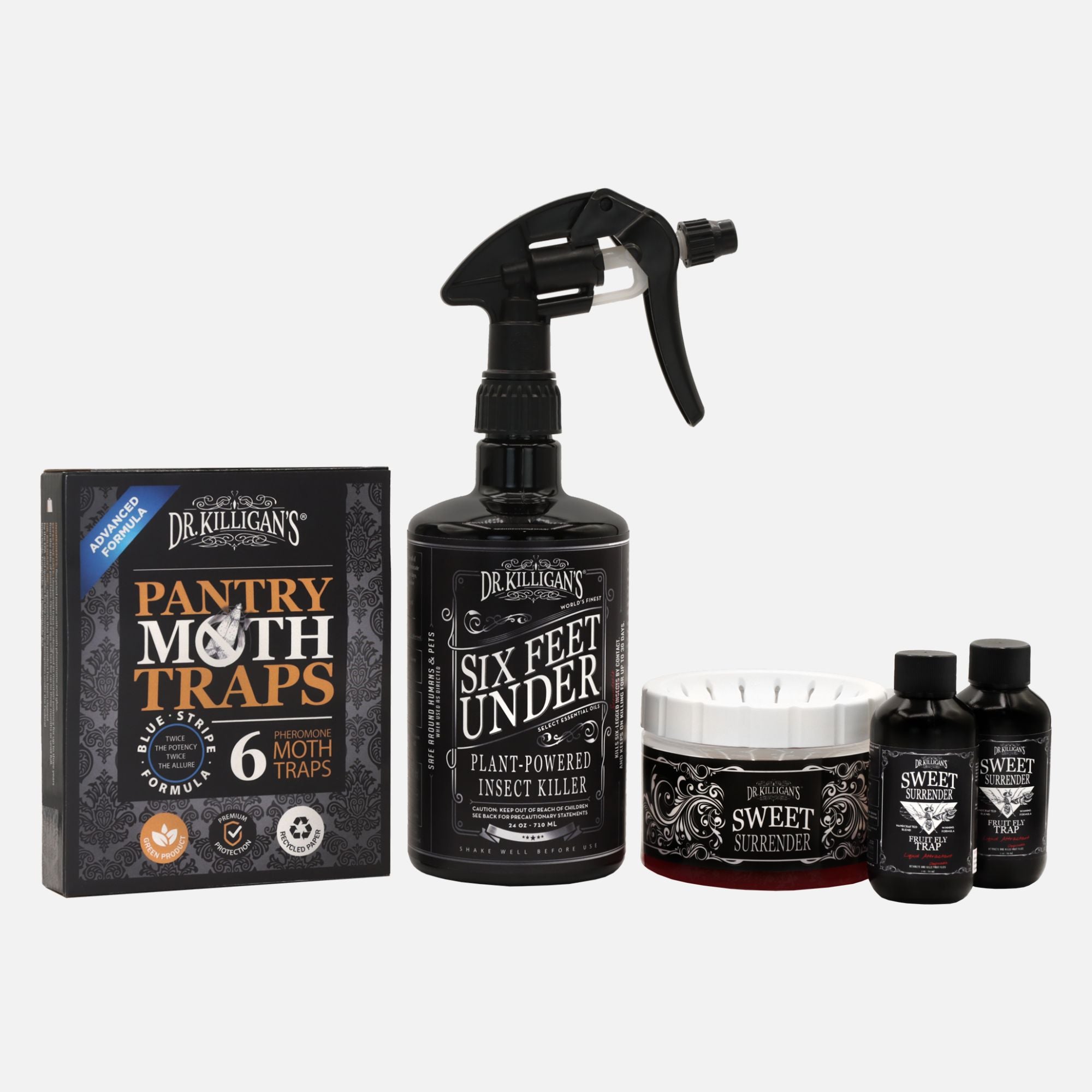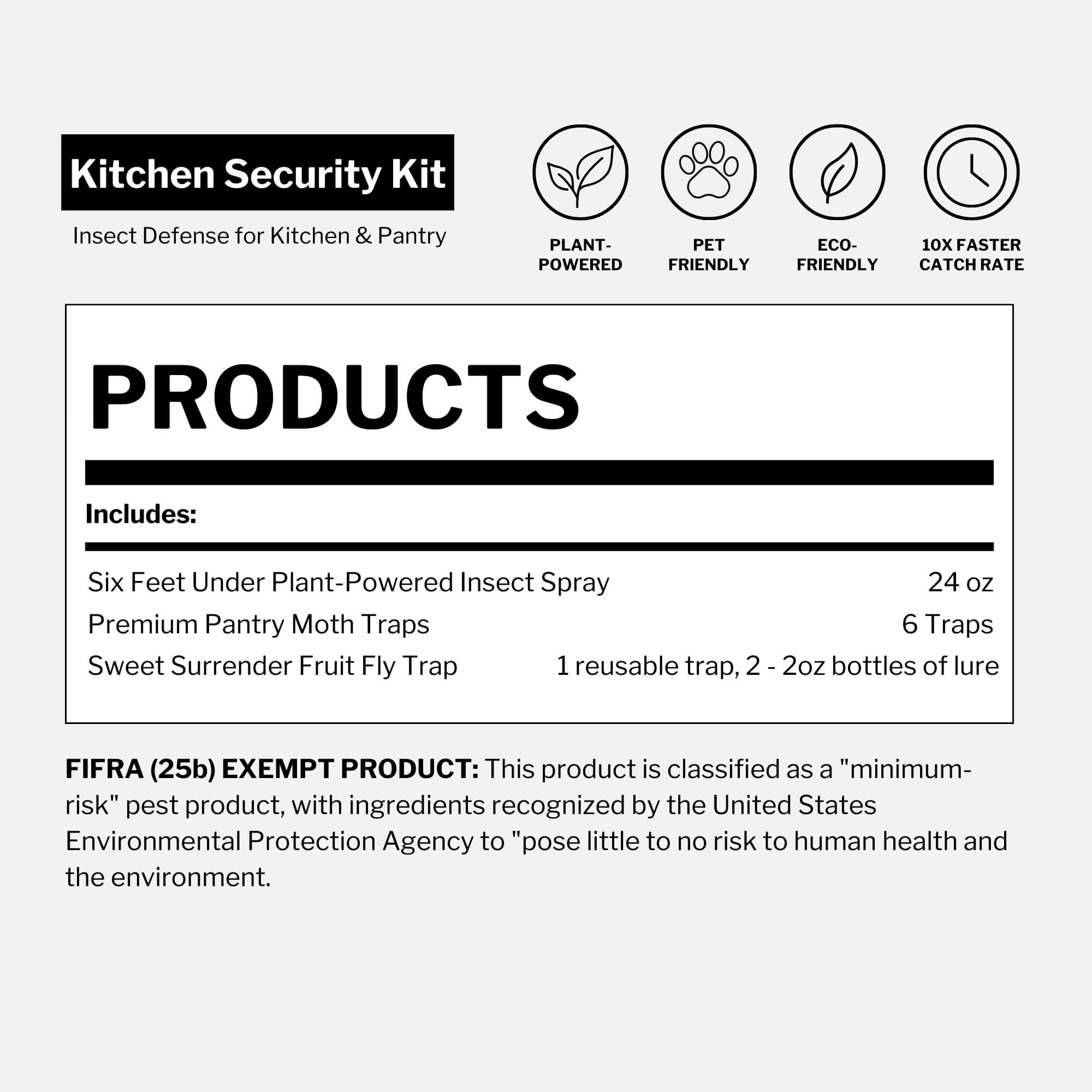Published February 24, 2022 • Updated December 19, 2025
Reviewed by Julie Miller, BA in Language Arts, Editorial Lead, Dr. Killigan’s
TL;DR: Cobwebs are usually old, abandoned spider webs. They can mean spiders have been there, but they don’t automatically mean you have an active infestation.
Quick answer: If you’re seeing only old webbing and no live spiders or fresh webbing, it’s often a cleanup issue, not an infestation. If webs are fresh and sticky or you’re also finding spiders or egg sacs, it’s time to investigate further.
- Fresh, sticky webbing in corners = more active
- Old, gray webbing = often inactive
- Lots of webs plus living spiders or egg sacs = investigate further
Cobwebs are one of the most common household “spider signs” and one of the most misunderstood. Here’s what cobwebs are, what causes them and when they actually signal a spider problem.
What is a cobweb?
Cobwebs are abandoned spider webs that have collected dust and debris over time. You’ll usually find them in high corners, ceiling edges, basements, garages and other low-traffic spots where air movement is low and cleaning is infrequent.
In other words, a cobweb is usually a sign spiders have been there, not proof they’re still active in that exact spot.
Cobwebs vs spider webs: what’s the difference?
A “spider web” can be new or old. A cobweb is typically a web that’s no longer maintained and has started collecting dust, lint and debris.
- Fresh spider web: looks cleaner, may feel stickier, often appears "newly built"
- Cobweb: looks dusty or gray, looks saggy or messy, often in undisturbed corners
Quick note on “cobweb spiders”

Some spiders (often called cobweb spiders) make tangle-style webs that look messy even when fresh. That’s why the best clue is not “messy vs neat”—it’s fresh and sticky vs dusty and dull.
Once upon a time, you too encountered a cobweb. Maybe you were dusting lampshades as you grooved to “Love Shack” by the B-52s, staring at the ceiling wondering where your phone went again or reaching into a dark cabinet for that can of kidney beans you swore was back there, only to pull away with a sticky thread on your fingertips. We’ve all dealt with abandoned, dusty spider webs.
Types of spider webs you might see
Spiders weave a wide range of webs. Some are neat and symmetrical. Others are messy and tangled. Here are the most common types you might notice around homes and yards.
Spiral orb web
When most people picture a “classic” spider web, this is the one: spokes with curved lines that form a spiral in the center. Orb webs are most often built outdoors by garden spiders and they’re generally not interested in people.
Tangle web (cobweb spider web)
If you find webbing indoors, it’s often a tangle web, sometimes called a “cobweb spider web.” These webs look messy and can feel very sticky, showing up in dark, low-traffic areas like garages, basements or attics, along walls or in high corners. They’re commonly made by cobweb spiders in the Theridiidae family, which includes the black widow.
Sheet web
Sheet webs look like a dense blanket of silk stretched over grass, shrubs or low plants. The spider usually waits upside down underneath the sheet for a quick catch when an insect lands. These spiders are typically not dangerous to humans, but you still don’t want kids handling them.
Triangle web
Triangle webs are flat and triangular, just like they sound. They tend to look fuzzy rather than sticky and they’re made by spiders in the Uloboridae family. Instead of relying on venom, they use silk to smother and wrap prey.
Funnel web
Funnel webs look like a sheet of webbing with a tunnel or “retreat” at one end where the spider hides. You’ll usually see them low to the ground, in cluttered corners or around damp, protected areas like garages and basements, sometimes outside in garden beds. If you spot a funnel web, it’s best to avoid reaching into the retreat and focus on cleanup and clutter reduction in that area.
Now that you can tell cobwebs from fresh webbing, here’s what cobwebs do and do not mean for spider activity in your home.

Do cobwebs mean I have an infestation?
Cobwebs can mean spiders have been in the area, but they do not automatically mean you have an active infestation. Most cobwebs are old webs that were left behind and collected dust.
As a quick rule of thumb, fresh, sticky webbing suggests more active spiders, while old, dusty webs are often leftover. If you’re also seeing live spiders or egg sacs, it’s worth investigating further.
What causes cobwebs on ceilings and corners?
Cobwebs show up in ceilings and corners because spiders build in quiet, protected edges and those spots are easy to miss during cleaning. Wall–ceiling seams, behind furniture and high shelves are low-traffic zones where webbing can sit undisturbed, collect dust and debris and turn into cobwebs.
Common reasons cobwebs show up in the same spots:

- Low traffic = fewer cleanings: corners, ceiling edges, behind doors, storage rooms
- Airflow patterns: ceiling fans, vents and returns can push dust into webbing
- More insects nearby: porch lights, window frames and cluttered storage can increase prey
- Easy entry points: gaps around doors, windows, utility penetrations and attic access
- Clutter and moisture: garages, basements, crawl spaces and laundry zones often stay ideal for spiders
What it usually means:
- Cobwebs on high corners = often old webbing + dust buildup
- New webbing reappearing within days = spiders are still active in that area
Do cobwebs attract spiders?
Cobwebs do not attract spiders in the way food attracts pests. Spiders are not drawn to old webs themselves. They show up where conditions are right: steady insect activity, quiet hiding spots and easy entry points.
That said, cobwebs can be a clue that an area is low-traffic and insect-friendly. If a corner keeps collecting webs, it usually means the space is undisturbed and there is enough prey nearby for spiders to keep trying that location.
If cobwebs keep returning in the same area, focus less on the cobweb and more on what is feeding the cycle: reduce insects near lights and windows, seal gaps and keep corners, ceilings and storage zones clean and uncluttered.
How do I get rid of cobwebs?

The silk of webs is very thin and incredibly strong. The strongest silk, such as that from a golden orb spider, is actually stronger than steel (and 50 times lighter). This is why webs, having long been vacated, are still found in your home, collecting dust. These webs will either disgust or amaze you (or perhaps both). When you discover a web, here’s what to do:
- If the web is in an outdoor area, such as your patio or deck that has natural runoff and dries quickly, use a garden hose
- If the web is in your garage or shed, stay away from using a hose if the area will retain moisture. Moisture will only create other issues. A broom or a shop vacuum will do
- If the web is in your home, including your basement or your attic, either a broom, a duster or a vacuum will work
What to do if cobwebs keep coming back
- Remove webs regularly: vacuum corners, ceiling edges, behind furniture and high shelves
- Reduce insects (spider food): keep kitchen crumbs down, seal trash, reduce nighttime insects near doors and windows
- Adjust exterior lighting: use warmer bulbs or motion lighting near entry doors
- Seal entry points: repair screens, add door sweeps, seal gaps around windows and utility penetrations
- Declutter spider-friendly zones: garages, basements, closets and storage corners
- Add crack-and-crevice control where webbing returns: use the Insect Buster to apply Dust to Dust Plant-Powered Insect Powder in thin, targeted lines along baseboards, wall-ceiling seams, window and door frames, garage thresholds and other travel edges where spiders move and hide
- Use on common household spiders: Dust to Dust can be used on spiders, including American house spider, jumping spider, brown spider, wolf spider, hobo spider, cellar spider, false widow spider, black widow spider, grass spider and daddy long legs spider




